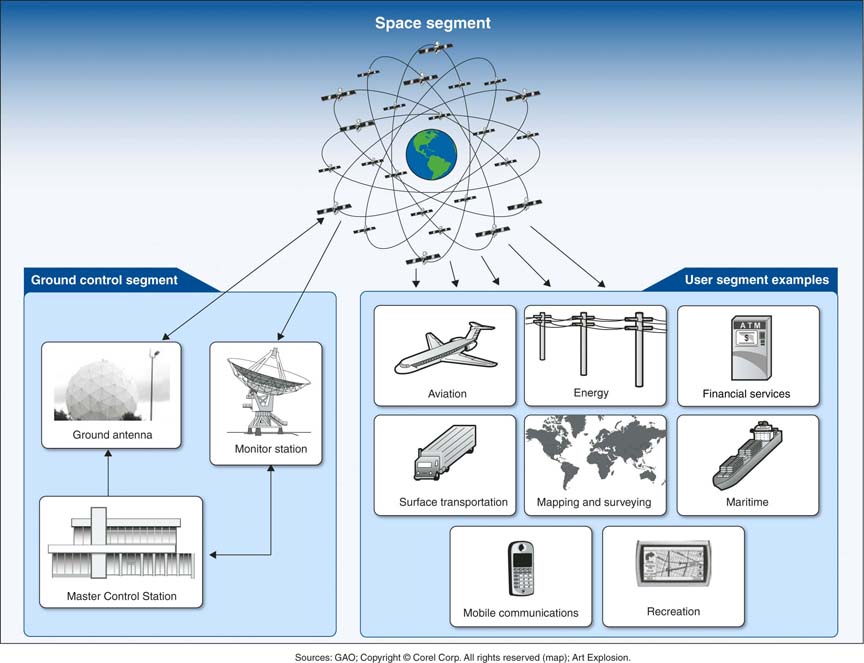Vodafone Turkey has integrated Adtran’s Oscilloquartz optical cesium atomic clock technology into its national network. This move aims to enhance the resilience of network synchronization against disruptions in GNSS signals, a crucial step as the company progresses towards the implementation of 5G services.
The deployment, facilitated by logistics and supply management from Artıtel, establishes a network-wide synchronization solution capable of maintaining precise timing, even during GNSS outages. This technology is essential for ensuring continuous, reliable connectivity across Vodafone Turkey’s services.
The core of the solution, the Oscilloquartz OSA 3350 ePRC+™, employs optical pumping technology for frequency stability. This device, in conjunction with Vodafone Turkey’s existing grandmaster clocks and the Oscilloquartz clock combiner, forms the ePRTC+™ system. This system is designed to achieve a 100-nanosecond accuracy level for a period extending to 45 days, significantly surpassing the ITU-T G.811.1 standards for network timing.
By adopting this solution, Vodafone Turkey aims to mitigate the risks associated with GNSS signal loss, which can impact network operations and service quality. The implementation across five strategic sites enhances redundancy and ensures network stability under challenging conditions.
This initiative reflects Vodafone Turkey’s commitment to maintaining high service standards in the face of increasing challenges to GNSS reliability, including natural disasters and electronic interference. The adoption of Adtran’s Oscilloquartz ePRTC+™ technology represents a significant advancement in network infrastructure resilience, positioning Vodafone Turkey to deliver uninterrupted services to its customers.






